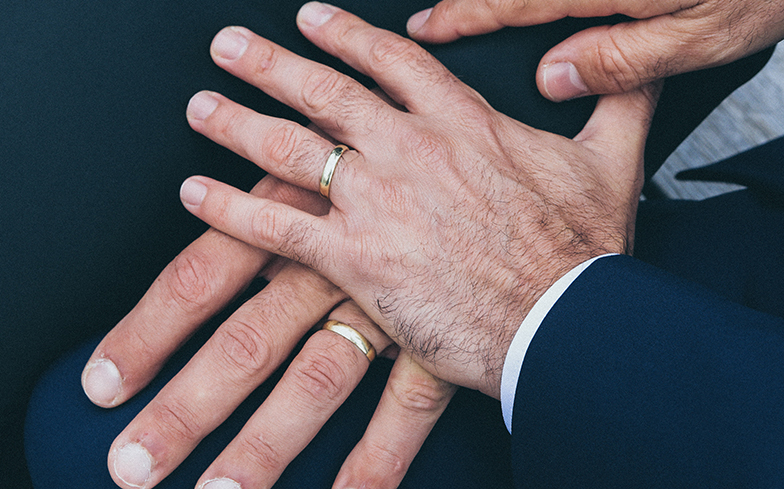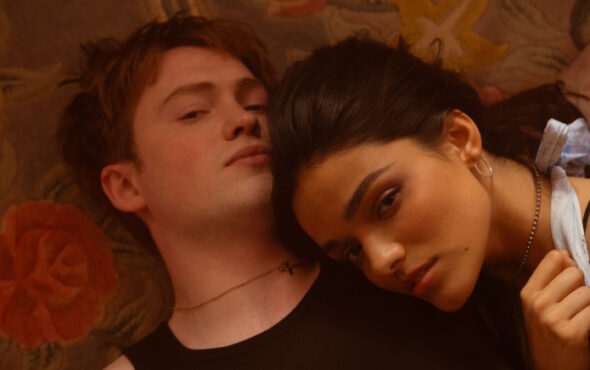
The debate came about during the country’s general election after a homophobic pastor became one of the favourites to win for his campaign against marriage equality. Thankfully, when the results came in he was comfortably beaten.
However, despite the defeat of Fabricio Alvarado Muñoz, the LGBTQ community said that the divisive atmosphere that was created during the campaign has created a wave of homophobia.
Speaking at The Economist’s Pride and Prejudice conference, the country’s former vice-president, Ana Helena Chacón Echeverría, said that these divisions were “hell” for the LGBTQ community.
Speaking on the issue, she said: “We just went through elections in Costa Rica, and the country split in half. This was the issue. We weren’t talking about taxes or infrastructure or poverty, they were talking about gay rights, yes or no?
“It was like a referendum on gay rights. We went through torture during those months because, for the first time in my country, gay people were feeling fear. It was hateful.”
She added: “We won in the end, and now all the countries that are part of the Inter-American Court have to adapt their laws for same-sex couple marriage and gender [recognition], and that’s a great thing.
“Now we’ll have to do some things to change our laws so that everybody will have the same rights.
“For me, it was wonderful news, but we went through hell during those elections… it was very sad for me.
“They were talking about morals, values, traditional families, ‘the family is just a mother and a father and the kids and the dog’… but we are all families.”
Echeverría finished, saying: “I believe in dignity, I believe people should be happy. We have to raise our voices because we don’t want anyone to live with discrimination or stigma.”
During her speech, Echeverría made reference to a ruling by the Inter-American Court of Human Rights (IACHR) which said that all of the countries under its jurisdiction needed to treat same-sex couples “without discrimination.”
However, despite the ruling, each country’s constitutional court will need to separately rule the same. Echeverría said: “We have to apply what the court said.
“Of course there will be other issues to discuss, like adoption. I’m pro-adoption for same-sex couples.”
Sadly, despite Echeverría’s comments, marriage equality might be a little ways off in Costa Rica. Even though they pledged to follow the court’s decision, their first same-sex wedding was blocked the day before it happened.




